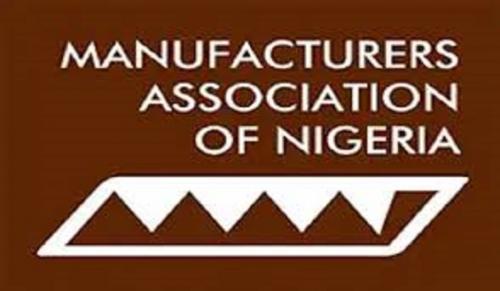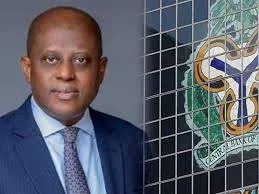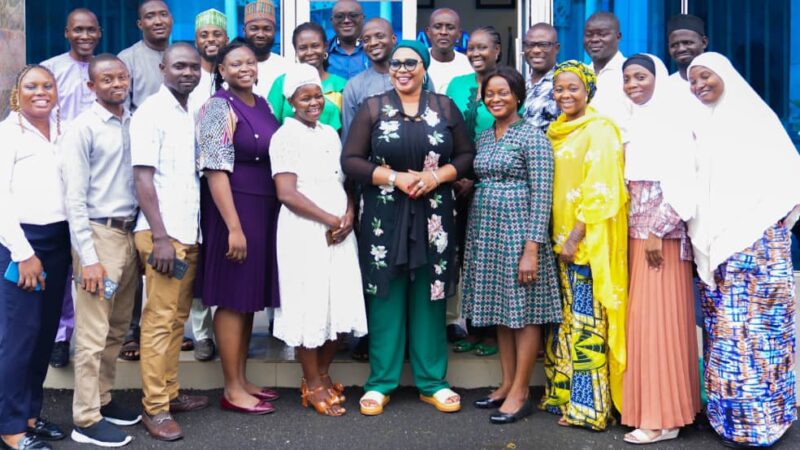MAN: Transporting Goods from Lagos to Kano More Expensive than China to Lagos


Mansur Ahmed,The president of the Manufacturers Association of Nigeria (MAN), Mansur Ahmed has said it is more expensive to transport goods from Lagos to Kano than from China to Lagos.
Ahmed made made this known while speaking on Thursday at the 2020 edition of the MAN reporter of the year award, noted that competitiveness cannot be achieved in the absence of infrastructure like roads and electricity.
“As the association remains at the forefront for setting the pace for engagement with other African manufacturers, the Nigerian government must also lead by example in ensuring that policies are industry-friendly, as this is the only guarantee for a competitive intra-African trade,” NAN quoted him to have said.
“Modern industry competitiveness depends to a great extent on provision of adequate and efficient infrastructure.
“There is also the aspect of provision of soft infrastructure – like visa, tariffs, and foreign exchange – that will help ease up the process of carrying out business transactions between countries.
“For instance, due to poor infrastructure, it will cost a business owner in Nigeria more to transport goods from Lagos to Kano than it will cost a Chinese business owner to transport the same goods from China to Lagos.
“We must address all these issues since the AfCFTA is not just about trade in goods, but also trade in services.”
He advised the government to enact industry-friendly policies as a way of assisting them to grow.
Speaking on the imminent increase in electricity tariff, the MAN president said it could have a negative impact on the gross domestic product and gross national product seeing as electricity constitutes up to 40 per cent of the cost of production.
According to him, uneven pricing across electricity distribution companies (DisCos), if not corrected, will lead to uneven development in certain parts of the country.
“A reduction in electricity tariff for industrial purpose is more ideal, but even if it cannot be reduced, it should be not be increased,” he said.
“Any increase on the tariff will reinforce the already high- cost manufacturing environment and further depress productivity in the sector.
“Our appeal is that government, being a major stakeholder in the electricity industry, should concentrate on developing processes and polices to attract significant investment.
“This will encourage large scale generation and significant improvement in transmission and distribution.
“It is also important for government to ensure adequate and appropriate consultations with stakeholders in the private sector on such decisions with far-reaching implications.”
Ahmed also said he has been confirmed as the chairman of the Pan African Manufacturers Association (PAMA), the umbrella body of manufacturers in Africa.







